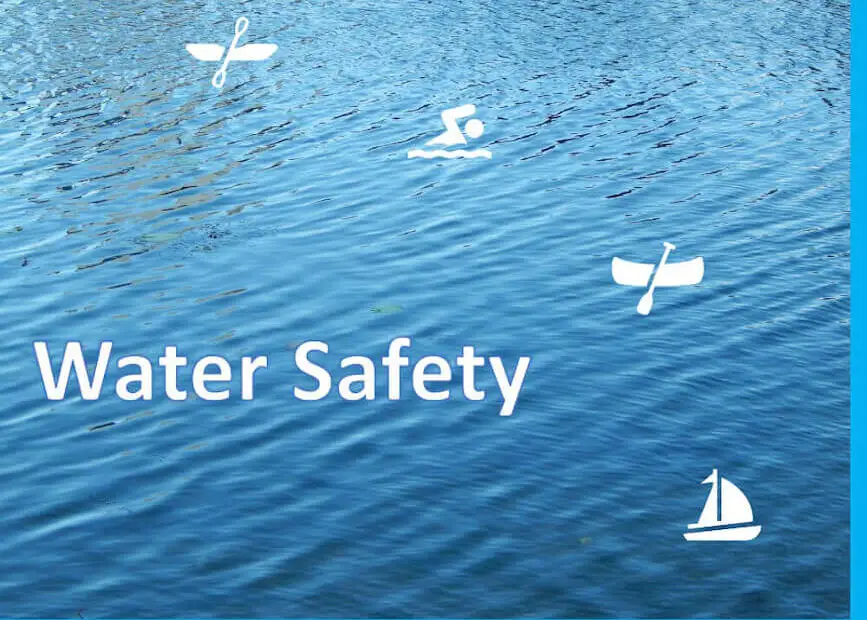Table of Contents
Whether you are into swimming, boating, kayaking, or riding on a towable tube, water sports create memorable moments for the entire family.
But unfortunately with all the fun and excitement, there is also potential danger. To ensure you and your family are safe and have a great time, it’s important to follow some basic water safety tips.
Wear the Right Safety Gear
The most important safety tip is to wear the right safety gear. Depending on the water sport, you may need a life jacket, helmet, gloves, sunscreen, and other protective gear.
This is especially important for more extreme water sports like wakeboarding, waterskiing, and surfing.
Make sure to check the minimum safety requirements for the activity you’re doing and be well prepared.
Life Jackets for Kids
Life Jackets for Adults
Learn How to Swim
Another important safety tip is to learn how to swim. This is important not only for your safety but also for the safety of others.
Learning how to swim will give you confidence and allow you to react quickly if you find yourself in an unexpected situation.
Follow Water Safety Protocols
Before engaging in any water sport, it’s important to follow the safety protocols that are in place.
This includes reading the safety instructions, checking the weather conditions, and understanding the potential risks involved.
It’s also important to stay aware of your surroundings and keep an eye on any potential hazards like rocks or shallow areas.
If there are young children involved then there should also be adult supervision.
Also, when the weather is warm make sure that there is plenty of water available to prevent dehydration.
Have a First Aid Kit On-hand
Purchasing and having a well-stocked first aid kit for those involved in outdoor sports and recreation is a great idea.
If you can bring it with you in a waterproof backpack would be best. Otherwise, put some essentials in a quart-size zip lock and keep the rest in the car or at the campsite.
Some of the basic first-aid items to stock are:
- Antibacterial cream
- Adhesive bandages of various sizes
- Antiseptic wipes
- Foil space blanket
- Roll of gauze or sterile pads
- Roll of tape
- Disposable gloves
- Scissors
- Instant cold packs
- Aspirin, Acetaminophen and Ibuprofen
Marine First Aid Kits
Avoid Risky Situations
When engaging in water sports, it’s important to avoid risky situations.
This means avoiding areas with strong currents, swimming in areas with a heavy boat and jet skiing traffic, and never swim alone.
It’s also important to be mindful of the conditions and be aware of any potential dangers.
Stay Sober
It’s important to stay sober when engaging in water sports.
Alcohol and drugs can impair judgment and coordination, making it more difficult to react quickly and safely.
Drugs include both illegal and legal drugs.
Anyone who is on medication should know the warnings of the medication and know which activities they should use caution with or avoid altogether.
If you have any doubts ask your doctor or pharmacist.
There’s Safety in Numbers
It’s also important to remember that there’s safety in numbers.
Whenever possible, go out with a group of friends and look out for each other.
Having someone to help you if you get into trouble is invaluable.
Be sure that after you have made your plans let a few people back home know as well.
The more communication the better!
Take a CPR Class
Finally, it’s a good idea to take a CPR class. Knowing how to perform CPR in an emergency can help save a life and is an invaluable skill.
Conclusion
Water sports can be an exciting and fun way to enjoy the outdoors, but safety should always be a top priority.
To ensure you and your family have a great time, it’s important to wear the right safety gear, learn how to swim, follow safety protocols, avoid risky situations, and stay sober.
By following these simple tips, you can ensure a safe and enjoyable time in the water.
